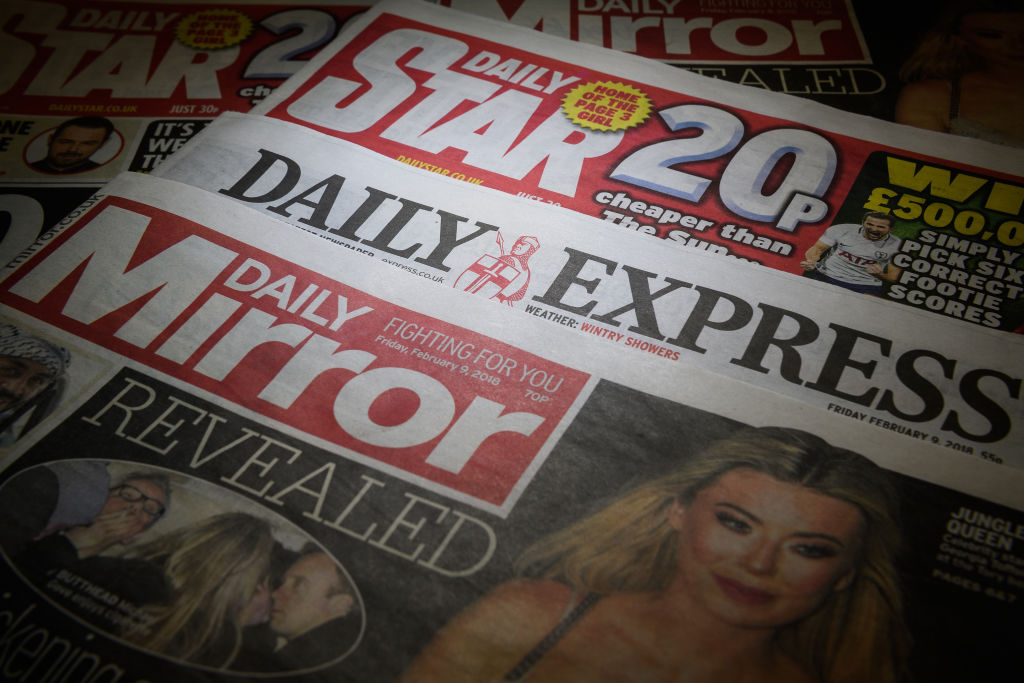Print revenue plunges for Daily Mirror owner Reach as inflation and global uncertainty scares off advertisers

Print revenue was down 4.2 per cent for the owner of the Daily Mirror and OK! magazine Reach, as the group grapples with reduced advertiser demand and crippling inflation.
While advertising revenue fell 10.1 per cent, circulation revenue dropped more than five per cent in the first four months of the year.
The war in Ukraine significantly reduced the level of ‘brand safe’ content for news publishers and inflation in operating costs, especially for the all important print, exceeded Reach’s previous estimates.
As a result, the company is now gearing up to offset these troubles by accelerating efficiency plans, making changes within print production and taking action around print cover prices.
However, it’s not all bad news for one of Britain’s biggest newspaper groups. Thanks to shifting consumer habits and online demand across Reach titles, which also includes the Daily Star and Daily Express, digital revenue was up 9.3 per cent during the quarter.
As chief exec Jim Mullen explained: “We’re developing a more sustainable and profitable long-term future for the business, with delivery of the strategy progressing well, despite a more challenging economic backdrop. The effective collection and use of data are supporting the growth of our higher yielding digital products, which are becoming an increasing part of our revenue mix.
“We’ve taken swift action to address the impact of inflation on our cost base and the business remains strongly cash generative, supporting the investment in data and technology that is key to future growth.”
In reality, this means the group putting a greater focus on data focused ventures, including its PLUS+ offering, which has recently been added to the online marketplaces of three of the largest advertising agencies.
Looking ahead, the firm said it expects group revenue to remain flat for the year, with a higher mix of circulation revenues and lower digital contribution than previously expected as a result of more challenging trading conditions.